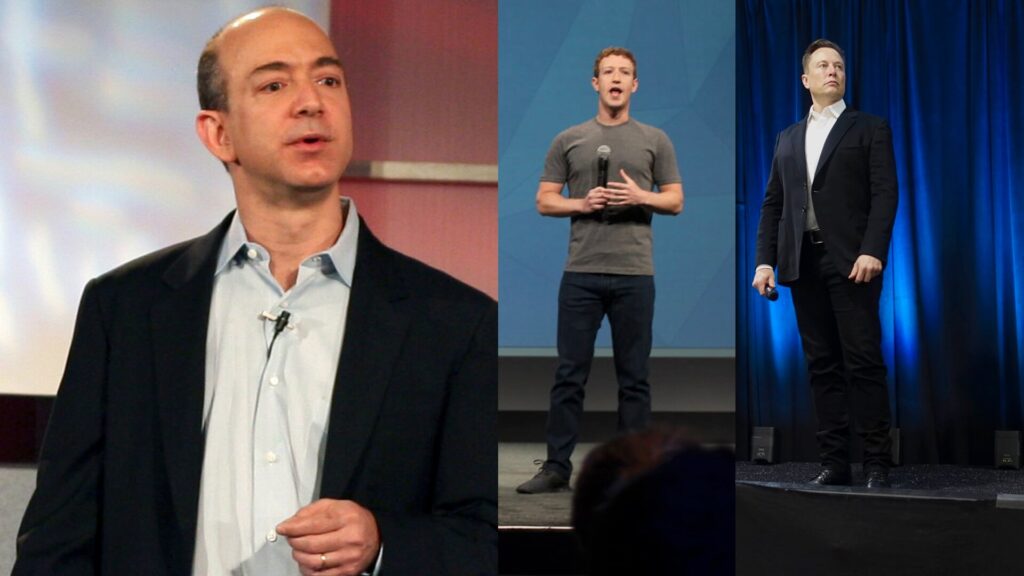Entrepreneurs are making billions and amassing more capital as the COVID-19 pandemic unfolds in Silicon Valley.

Christian Carlos. Pen 360 Press [P360P].
The international press and organizations such as the World Bank are highlighting a phenomenon focused on multi-million dollar companies that, unlike the working class, along with the owners of small and medium-sized businesses, did not withstand the onslaught of two waves of SARS-CoV-2 infections; however, multi-million dollar companies are amassing more capital as the COVID-19 pandemic unfolds.
COVID-19 disease was declared a pandemic by the World Health Organization on March 11, 2020 - more than a year ago. This led to extreme care measures for the population, which led to a halt in economic activities on a large scale; which, in turn, resulted in unemployment, hyperinflation, instability in the stock market and, more recently, exports.
For a while, it was thought that Asian countries would be the first to see the strongest effects of the pandemic because the focus of infection of SARS-CoV-2, the new coronavirus that causes the COVID-19 disease, was found in the central city of Wuhan, China, an economic giant in Asia; however, the Asian economy began to recover rapidly during Q3 of 2020.
Meanwhile, economists had predicted early on that unemployment rates would rise, businesses would close, and small and medium-sized businesses would go bankrupt; this ended up happening in Europe - mainly in the United Kingdom, France, Spain, and Italy - in Q3 of 2020. The same scenario was expected for the American continent in Q4 of 2020.
Recently, Business Insider reported that billionaires increased their wealth by 44 percent, while 80 million Americans lost their jobs (as of February 2021). It is worth noting that, according to the report, just over 600 people have a fortune of more than a billion dollars.
The largest of the world's largest companies are not only headquartered in the US, but are located in the heart of Silicon Valley, which seemed to
